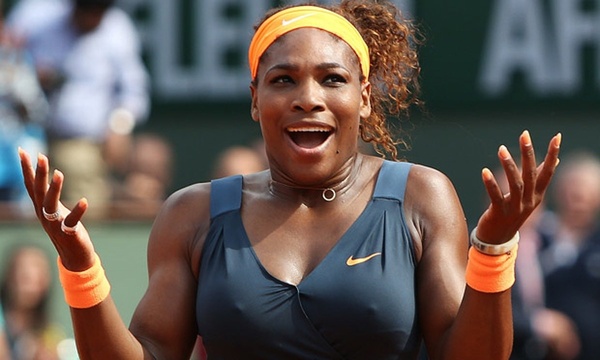What's in a Name?

Names are important. They are used to address and lay claim, and often names become part of our identity and sense of self. And yet, when women marry, they are usually expected to cast all these considerations aside and change their surnames without a fuss. In the West, this legal and cultural norm can be traced back to the Norman conquest, when the practice of “coverture” was proliferated. Under coverture, a husband and wife become one entity in the eyes of the law and society, erasing a wife’s independent identity and rights. This historical foundation has been a powerful constraint for women’s sexual and professional autonomy. Just a few decades ago, as reporting from The Atlantic shows, this philosophy led to women being pulled from welfare for having extramarital sex and being excluded from many professions. And it remains uncommon for this dynamic to run in the opposite direction; it is still exceedingly rare for a man to take his wife’s name, which has much to do with cultural scripts. Or as singer Kylie Minogue once remarked, “Nobody wants to be Mr Minogue. It takes a very strong man to put themselves in that position and I fully appreciate that." In much of the world, the US very much included, a wife’s decision to keep her own name is seen as an emasculation of her husband. Thus a woman’s decision is framed in terms of its consequences for a man. Most can’t seem to muster any empathy for women’s suffering for relinquishing their names—identity erasure, bureaucratic hurdles, and professional penalties. (Worse, some data suggest half of Americans believe it should be legally required that a woman assume her husband’s last name!) Even in places where women do not typically take their husband’s name after marriage, there are still deeply rooted traditions that connect a woman’s value to attachment to a man; if not a husband, then a father. There are a handful of notable outlier nations like Greece and France, where it is actually illegal for a woman to assume her husband’s name (and some where they need not take a familial name at all), but even here regressive norms persist. Men are more likely than women to be known and addressed by their surnames, which often confers authority and respect and deepens gendered inequality. A recent New York Times report showed that at Wimbledon there continues to be a gendered practice of identifying female champions by their husband’s name (even in cases like Billie Jean King’s, where the couple has been long separated). Of a piece with this, earlier this week a mother and daughter were hassled at Dallas–Fort Worth International Airport due to a difference of surnames, with the mother being berated by a Customs and Border Patrol agent that she should have taken her husband’s name to confirm maternity. These recent cases highlight the enduring ways that marriage and naming practices are used to constrain and control women. We have a name for this: patriarchy.
